Search
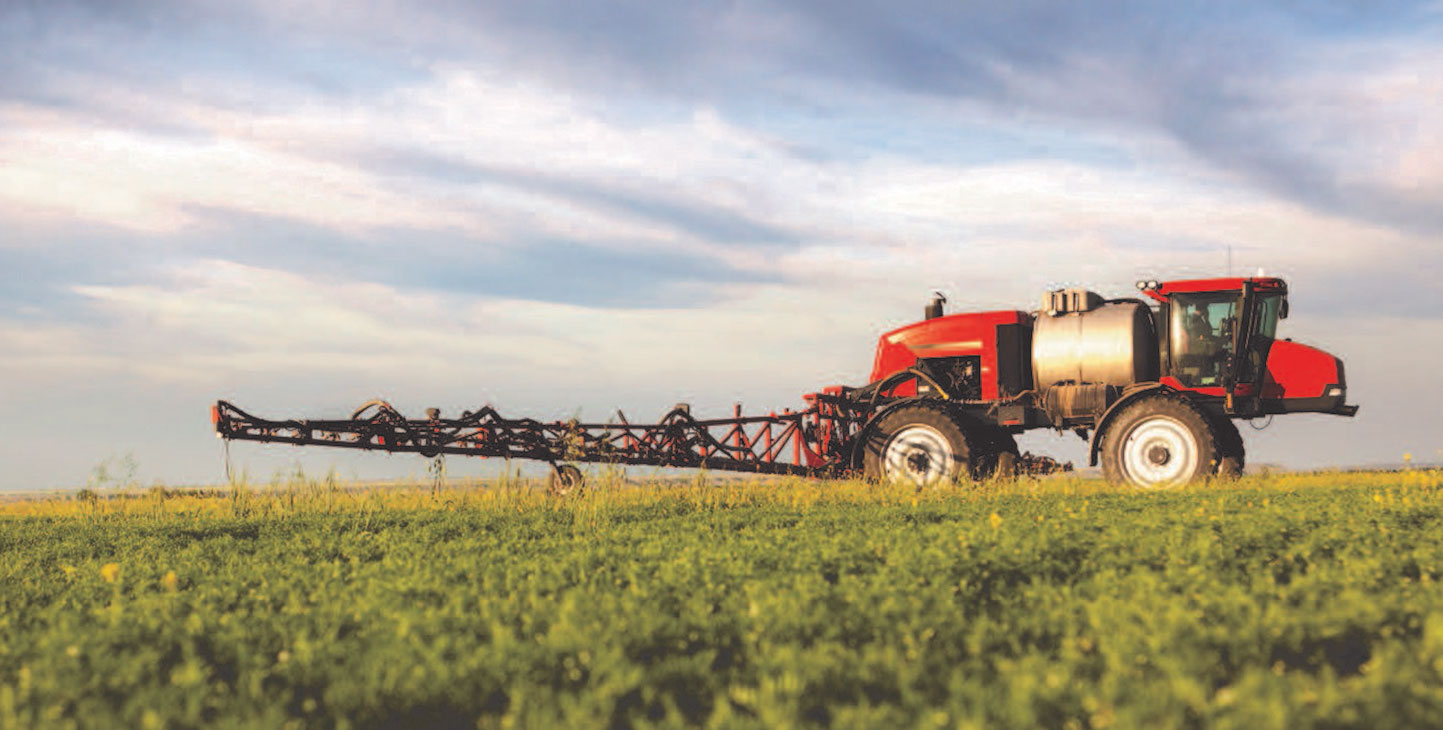
Commercial Pesticide Applicator Training
Those who apply pesticides for hire or as a government employee that applies pesticides while performing work duties, must have a commercial applicator license.
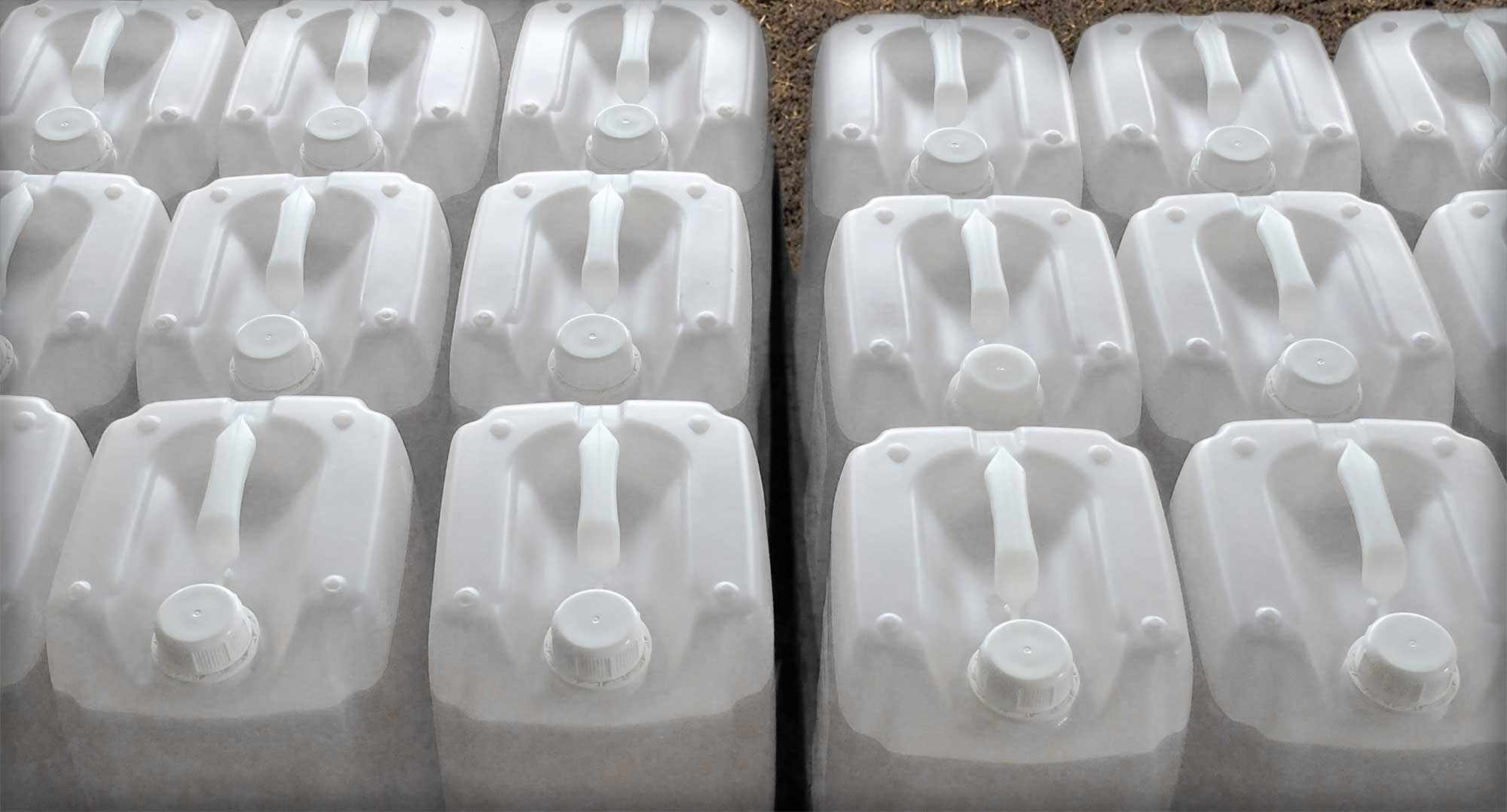
Private Pesticide Applicator Training
Private applicator certification is required before an agricultural producer can purchase or use a restricted use pesticide.
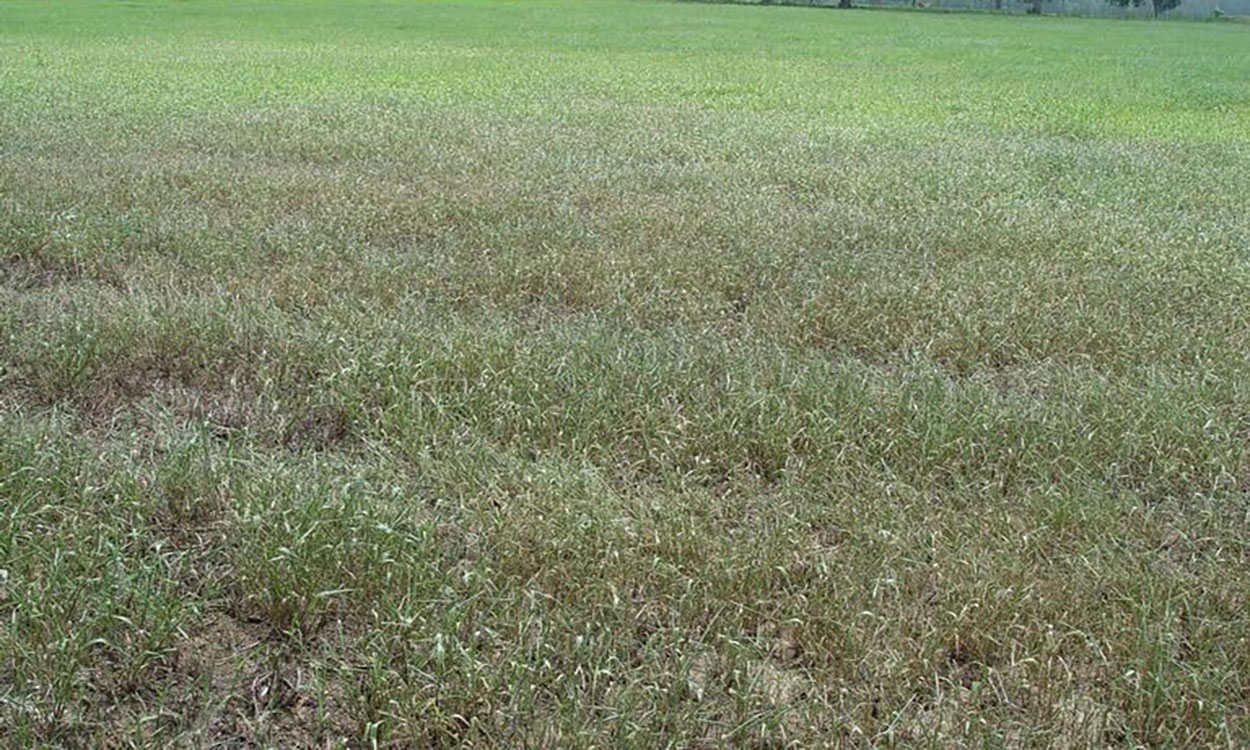
Fall Armyworm Caterpillars Causing Issues in South Dakota
This week we started to receive reports of pastures and alfalfa stands that have been heavily fed on by fall armyworm caterpillars. Typically, these pests are not an issue in South Dakota. However, populations have been very large in many states during 2021, and they have now moved into South Dakota.
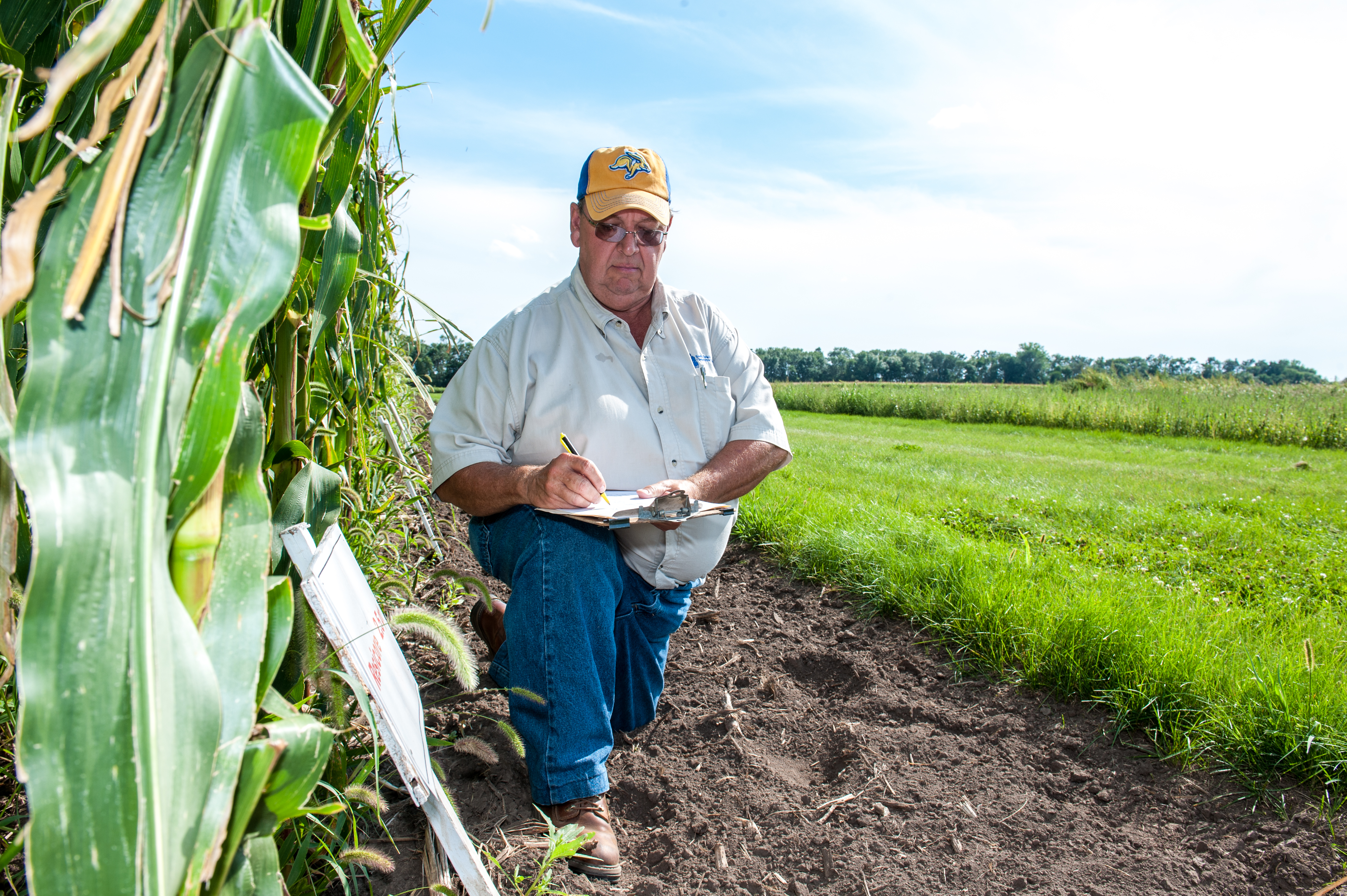
SDSU Extension to Tackle Weed, Pest and Drought Inquiries at State Fair
August 23, 2021
To address drought concerns, as well as weed and pest inquiries, South Dakota State University Extension will feature two booth locations at the 2021 South Dakota State Fair Sept. 2-6 in Huron.
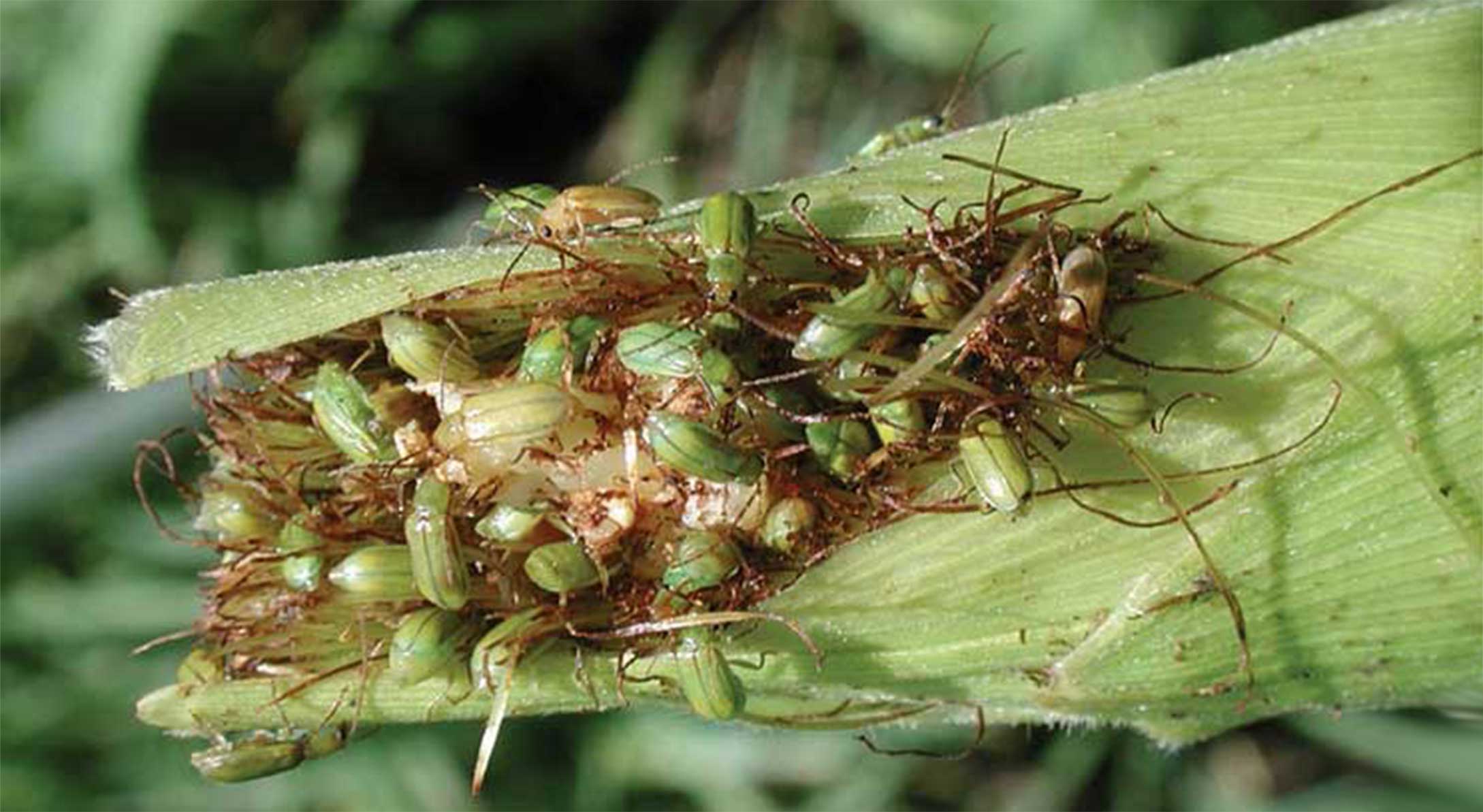
Northern and Western Corn Rootworm in South Dakota
Fact sheet on Northern and Western Corn Rootworm in South Dakota

Best Management Practices for Sunflower Production
This is your unbiased, research-based guide to sunflower production, providing the latest recommendations to help increase yield, reduce input costs and protect your investment.
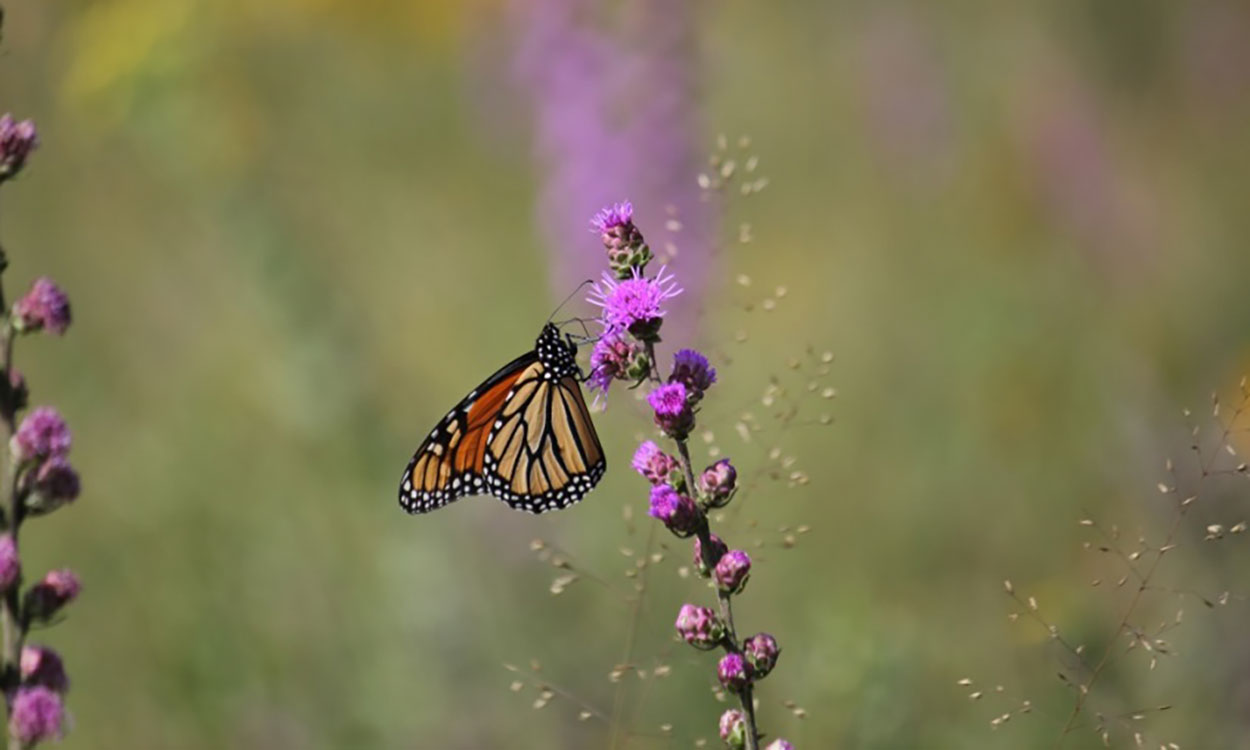
Understanding the Critical Role of Broadleaf Pollinator Plants in Pastures
Understanding the economic role of pollinators is the first step towards understanding their diverse values to grassland and crop systems.
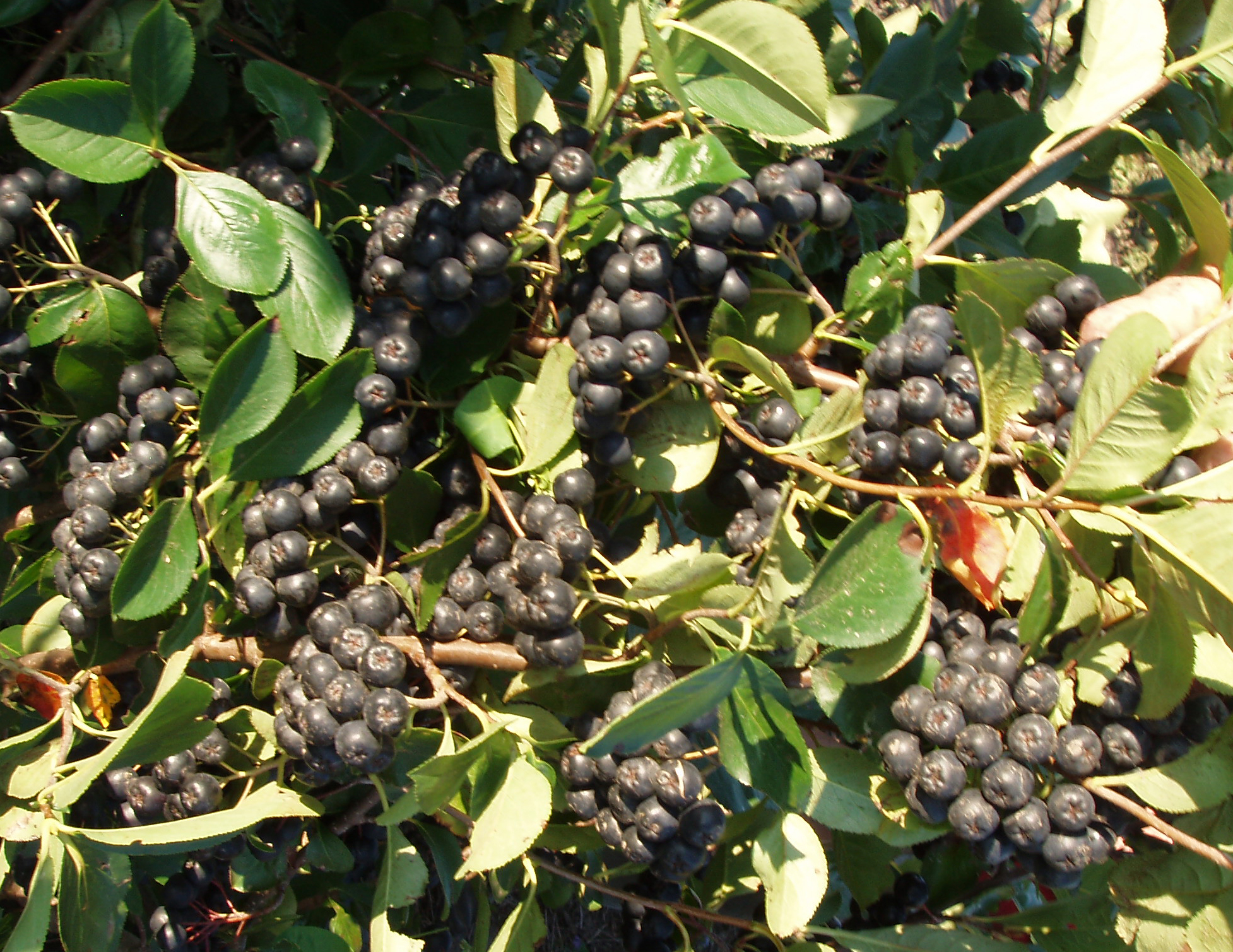
Soil Testing for Vineyards in South Dakota
Not all soils are conducive to growing quality grapes, so prospective vineyard sites should be tested before a decision is made to plant grapes. Tests can identify soils that are either too high in pH, salts, or salinity, or that are “too rich” (too high in organic matter and nitrogen) for grapes. In addition, testing before planting allows for the incorporation of nutrients—such as phosphorus—that do not move easily through the soil to plant roots.
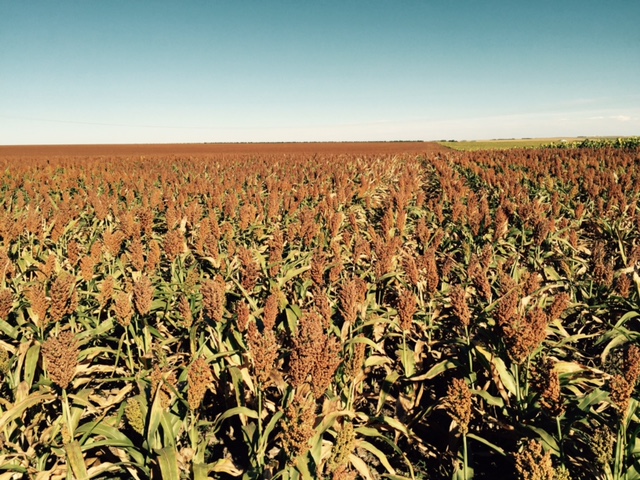
Sorghum Trial Results
In 2023, sorghum trials were conducted in 2 locations in South Dakota.
SDSU Extension Master Gardener Online Reporting System
Better Impact is a web-based tool where Master Gardeners can log their hours, update their contact information, see the latest news, and much more.